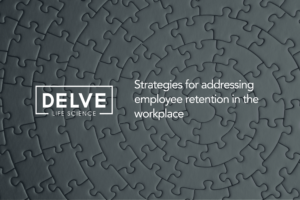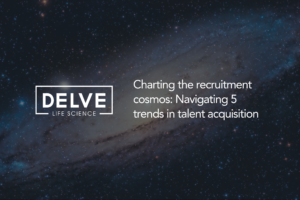International Recruitment

I am often asked by my candidates and clients why I am based in the UK but support the European and American market. It always brings a smile to my face and being honest, there are a couple of reasons why we have this offering.
Beyond the Paper
It’s our mantra. It drives us to do what we do every single day. We constantly ask one another, “have you got the detail?” Or in other words, do we understand what we can’t see on a job profile or CV? This process doesn’t change for roles that are based in the UK, Europe, USA or even on the moon! We have a strict way of operating that enhances our success rates for candidates and clients alike. Taking this process to other countries and utilising technology platforms means that we can be successful wherever we recruit.
Process
Our clients love to work with us and after doing so, they love our process and best practice. It helps them to organise diary availability and have assurances that once we have taken a brief, we have a deadline for delivery. In essence, once you have spoken with us, you can remove the role from your radar for the coming days. Similar to our work in the UK, these processes don’t change wherever you are based.
Opportunity
We found that lots of our UK clients were asking us for European support on their requirements. The growth and next step seemed logical and like something we could do to offer a wider selection of services to our growing customer portfolio.
Network
Sourcing top talent is just as tough wherever you go within the engineering and technical community. In this quest to find great people, we were searching globally for talent, thus building up a unique and desirable network of contacts. It made sense for us to engage with like-minded people and organisations worldwide, with the goal being to support their needs.
Overall, we have found that blending our uniquely designed and proven recruitment processes with our well-defined and established network allows us to have a global offering without compromise.
To learn more, contact Gareth directly at [email protected]
Share This Recent Articles

Strategies for addressing employee retention in the workplace

The Talent Edge: Attracting A-Players to Your Engineering Start-ups

Dresden’s rise: TSMC semiconductor factory and its impact on job market attractiveness

5 Opportunities beyond research in Life Sciences

Benefits of attending Advanced Engineering trade shows




